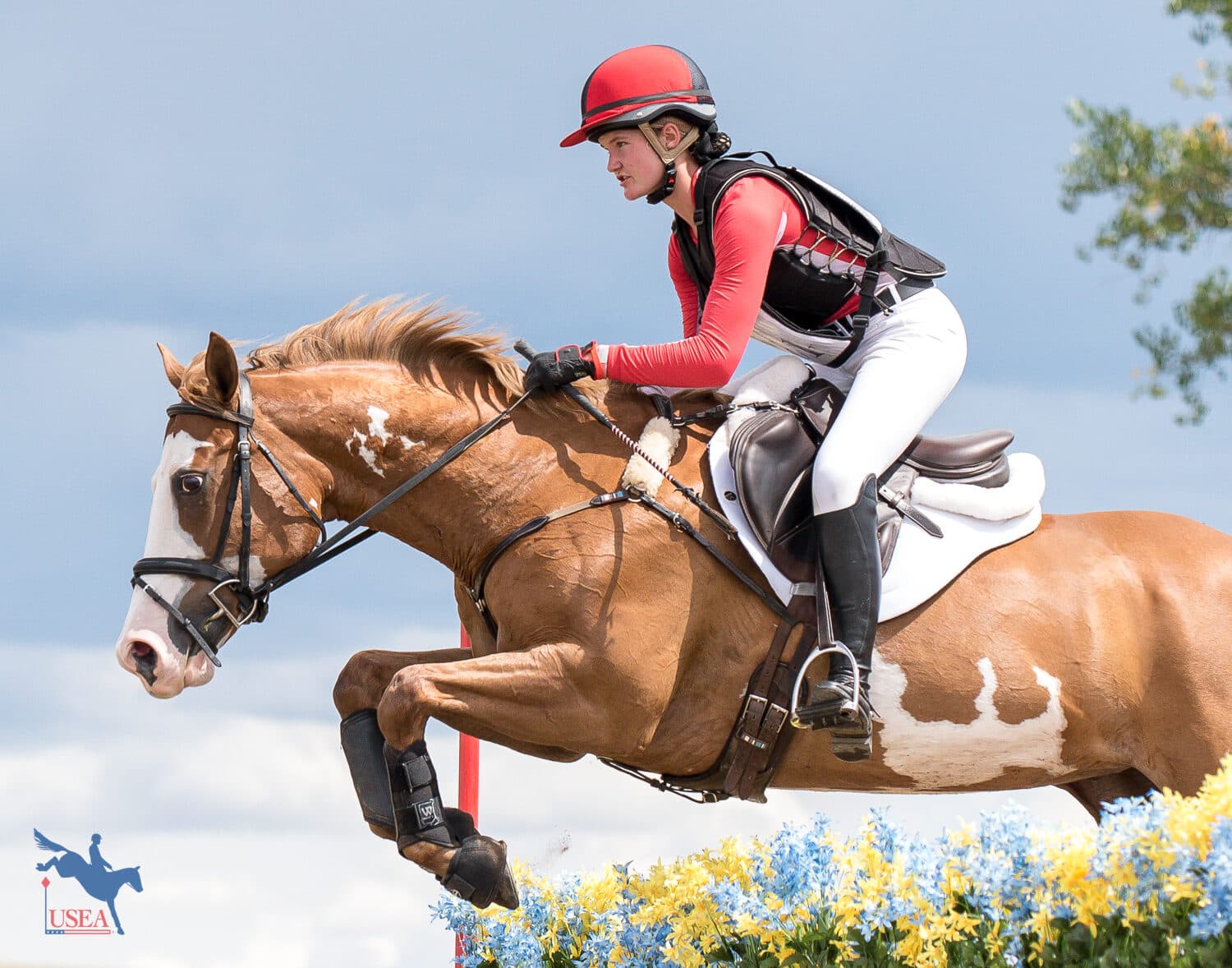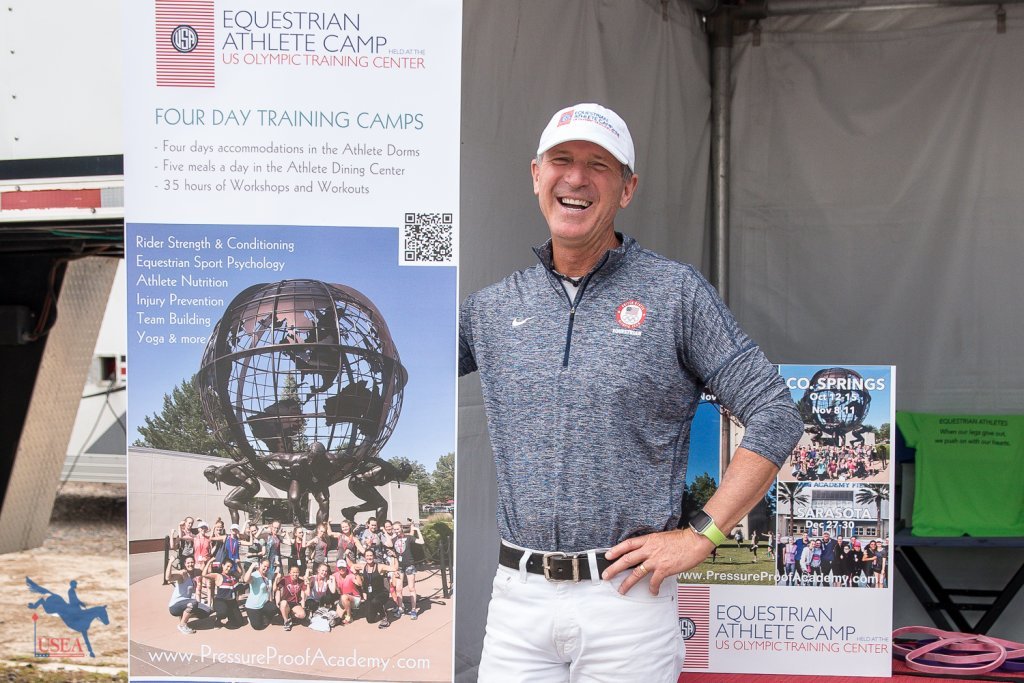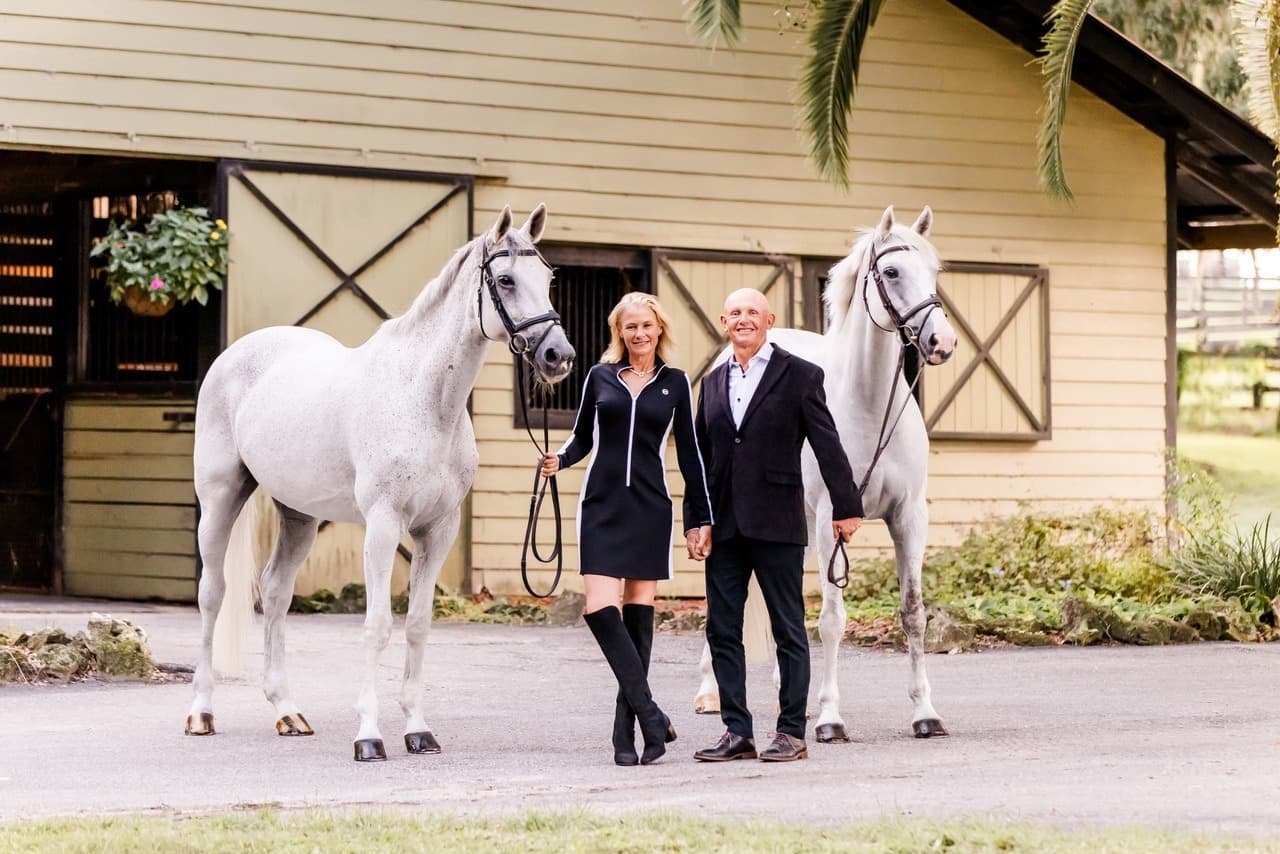Daniel Stewart's Tip of the Month: Confirmation Bias

A few months ago we started a seven-part series on limiting beliefs, the tendency to sometimes place limits on our ability to succeed - not because we’re incapable of it - but because we tell ourselves we’re incapable of it. This month, let’s continue this conversation by discussing a new blindspot bias called confirmation bias. If you recall, blindspot biases are negative thought-tendencies that we’re not really aware of - but like a vehicle hidden in your car’s blindspot - if they’re there, there’s a pretty good chance they can get you into trouble. So far, we've discussed bandwagon bias, telescoping bias, and bad guy bias.
Here’s quick story to help you understand confirmation bias. A few years ago a rider in one of my cross-country clinics was riding a horse who was clearly too fast and clearly not listening to her aids to slow down. So, I asked her, “How long have you been trying to slow your horse down?” to which she replied, “Over four years!” So, I asked her to try something new. I asked her to try calming her horse down instead of slowing it down (after all, one definition of crazy is doing the same thing over and over again expecting a different result). Then I gave her a list of calming aids to try, including softening her hands and seat, riding small circles, using a calming voice, and leaning forward a bit (she was leaning so far back to slow her horse that she’d put herself in a chair-seat and was unintentionally driving her horse forward with her hips). To this she simply replied, “It’ll never work,” to which I replied, “Well let’s not tell ourselves it won’t work until we at least try it.”
Unconvinced it was going to work, she picked up the canter and when her horse began to speed up I said, “Here’s the perfect time to try and calm your horse.” She thought about it for a few seconds and then all of a sudden abruptly threw her reins away and thrusted herself as far forwards as she could, causing her horse to speed up and run away with her! Then after a few minutes of leaning back and yanking on her horse’s mouth to make him stop she came over to me and said the five words that I knew she was going to say: “See, I told you so!”
So, let’s break the story down. This rider had a belief that you can’t calm a horse down, you can only slow a horse down by pulling and leaning back. That’s her bias. Then when I gave her the opportunity to try something new (which I was fairly certain would work) she responded by throwing the reins away and thrusting her shoulders forward so that she would confirm her own bias (and, therefore, get to prove that she was right all along). But, here’s the sad part. When she purposely acted in a way that would confirm her bias, she missed out on the opportunity to try (learn) something new and possibly solve a problem that had plagued her for years. In the end, her desire to be right was stronger than her desire to solve a problem that could ultimately have made her and her horse a better and more successful pair.
So, have you ever unknowingly used confirmation bias? Maybe you think a judge is mean because you only think of her criticisms (while forgetting her compliments) or maybe you think you won’t ride well because you only think of the times you rode poorly? If so, always remember that “there’s nothing wrong with you that can’t be fixed with what’s right with you,” and begin confirming your own biases that the judge is helpful, and you are wonderfully capable!

This fall, please consider joining me at one of my Equestrian Athlete Training Camp at the US Olympic Training Center in Colorado Springs or Lake Placid, or at the IMG Elite Athlete Institute in Sarasota, Florida, where we’ll spend four days discussing rider fitness, sport psychology, athlete nutrition, team-building, yoga, injury prevention/recovery, and much more. Riders of all levels and disciplines are welcome and members of the USEA receive a $255 scholarship. For more information, click here.














